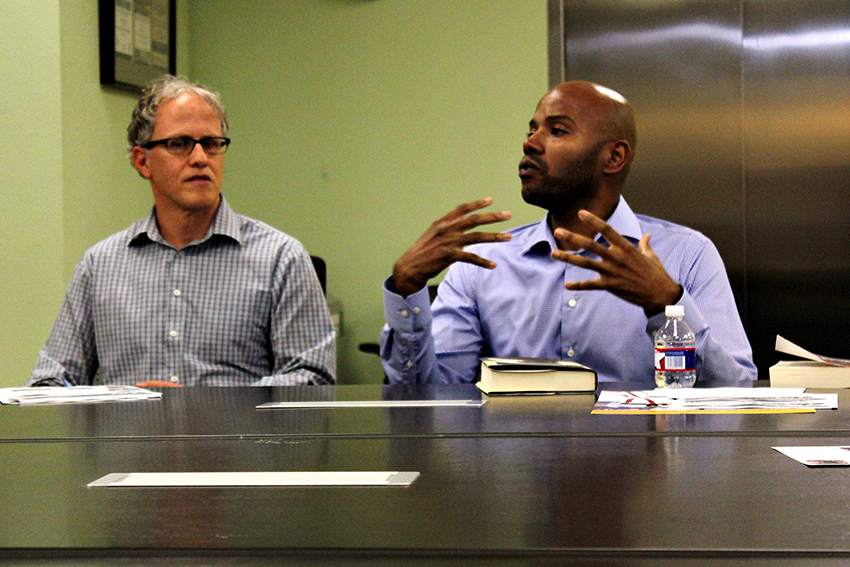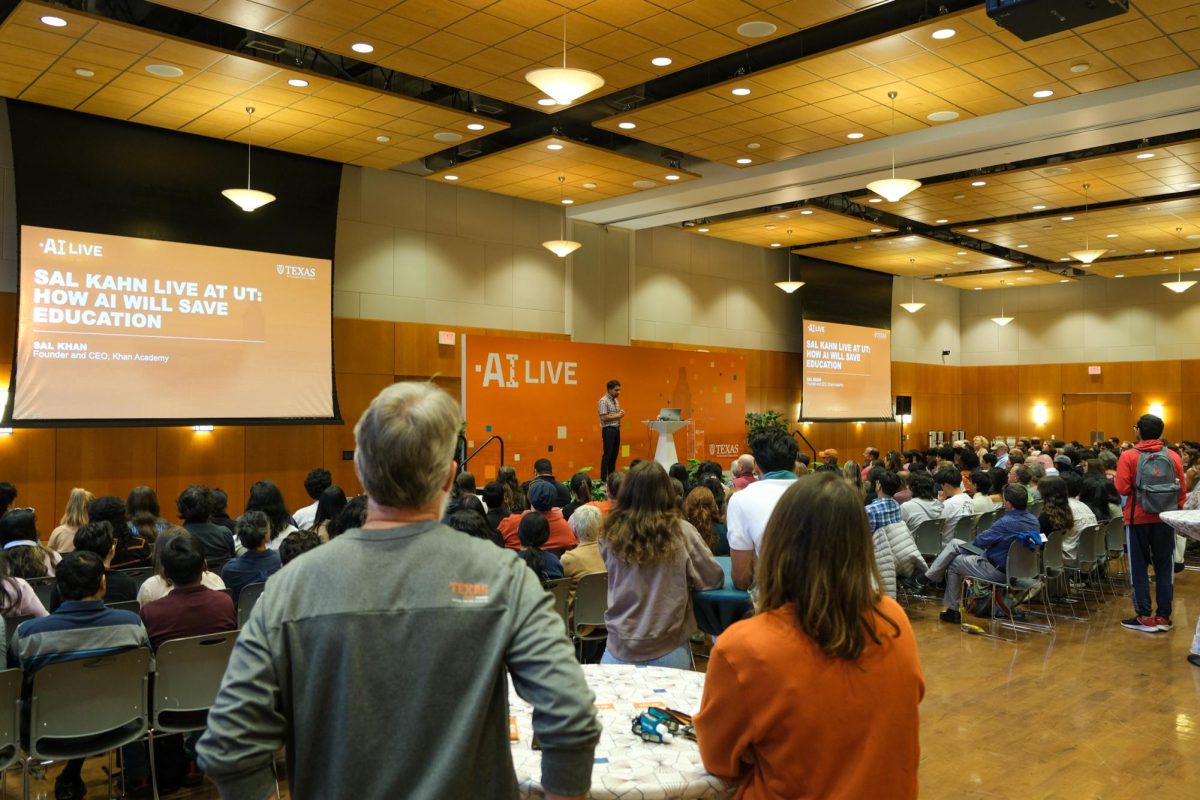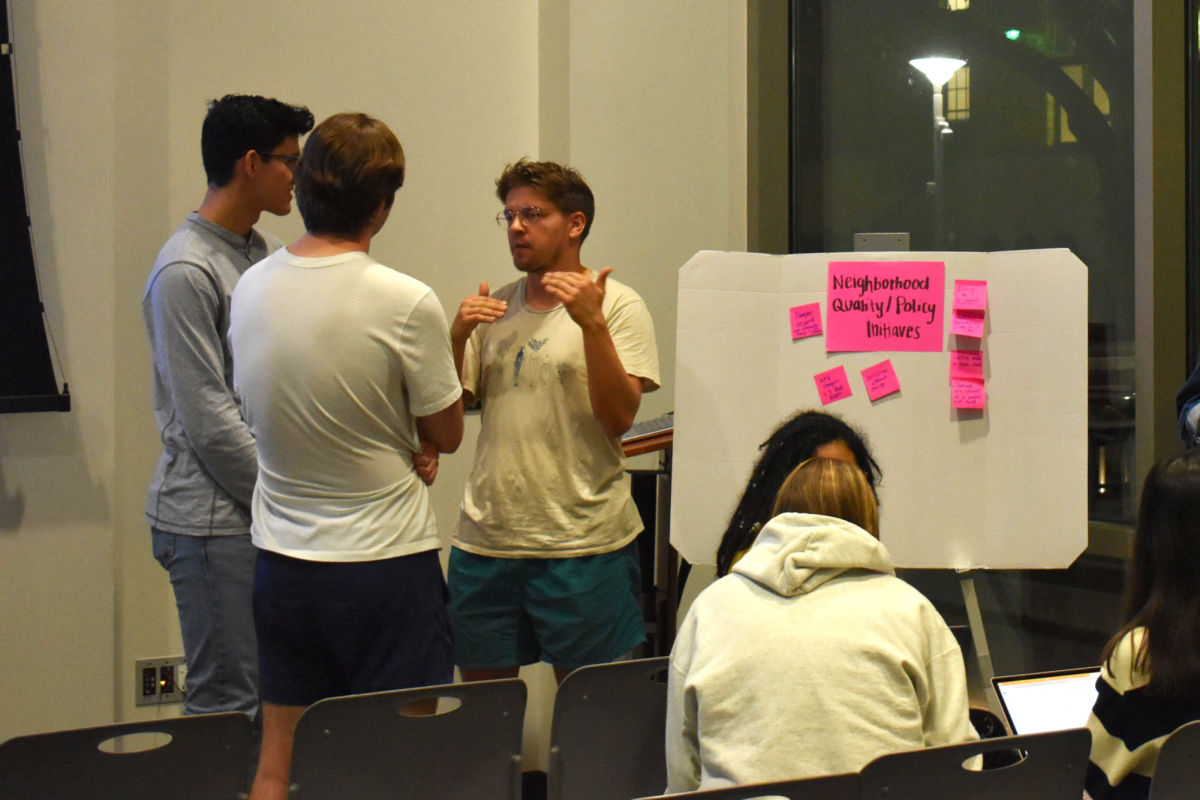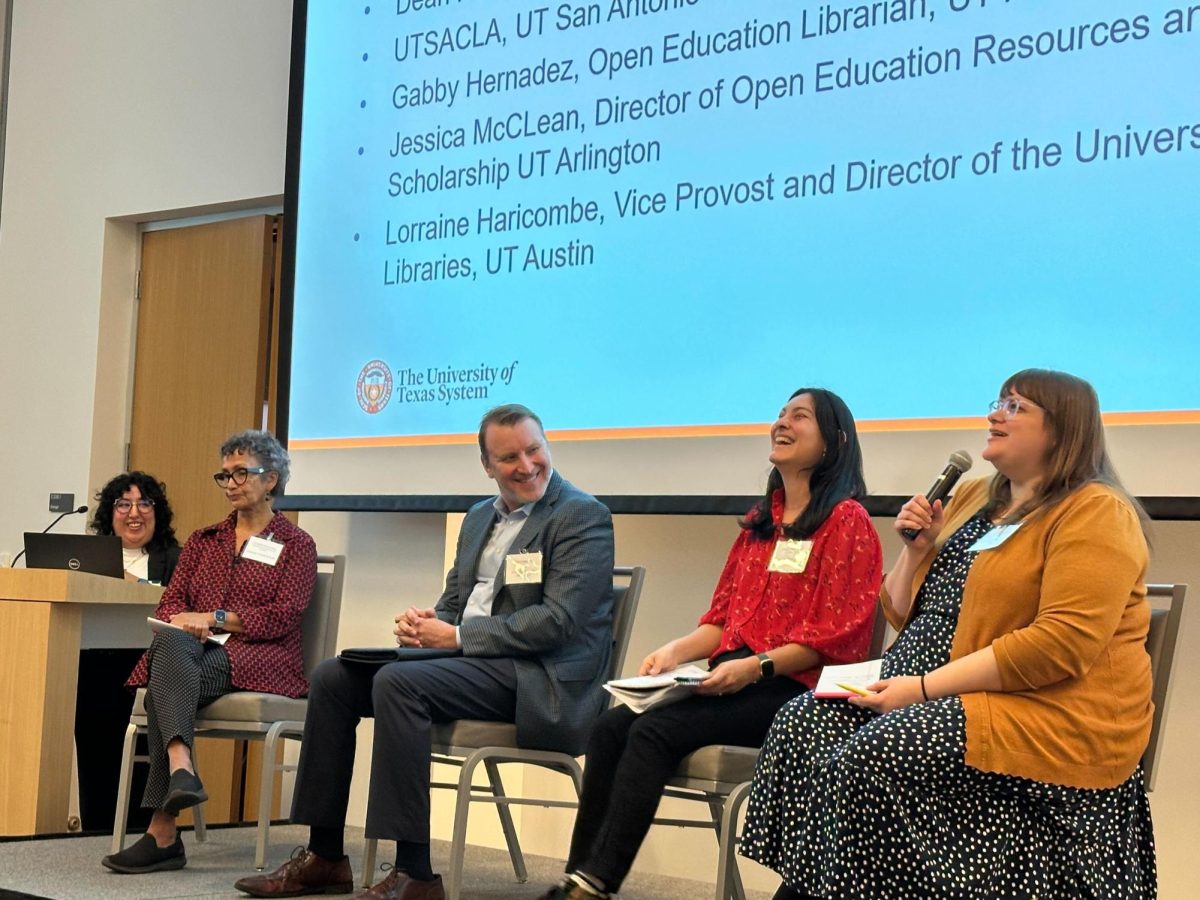Civil rights historian and author Peniel Joseph spoke on modern-day relations and past struggles for racial justice in a series of lectures hosted by the Center for the Study of Race and Democracy on Wednesday at Garrison Hall.
Joseph, who is the founding director of The Center for the Study of Race and Democracy, explained how his work is devoted to the black power movement and civil rights.
His book, “Stokely: A Life,” focuses on the life of political activist Stokely Carmichael and his importance during the civil rights movement. Carmichael helped organize the original Black Panther Party in America and joined the Black Panther Party for Self Defense.
Unlike Malcolm X and Martin Luther King, Jr., Carmichael promoted the term “black power,” which called for self-governing politics. According to Joseph, Carmichael’s role was more of a local organizer than a mobilizer.
“Looking at Stokely’s day-to-day activism gave me a better understanding of the terrain of the 1960s,” Joseph said. “He comes to see the grandeur process in the small deed of democracy in places where it doesn’t exist.”
However, not a lot of people are aware of Carmichael’s past accomplishments, which include fighting for social justice through organizing sit-ins, demonstrations and voter registration efforts alongside other civil activists. Joseph said this attributes to Carmichael’s controversial message of the black power movement in America.
“He remained an unrepentant revolutionary,” Joseph said. “In a way he fits outside the conventional narrative, so in a way he’s too radical for some kind of mainstream.”
Electrical engineering freshman Aimun Khan said he came to the event to learn more about Stoke ly and his achievements because of his interest in the civil rights movement.
“I did debate in high school, that got me really into race literature and talking about race and politics in America,” Khan said. “I feel like for someone who hasn’t read Stokely, [Joseph] really helped it make sense.”
History graduate student Nakia Parker said she believes the importance of black power extends beyond just the civil rights movement.
“Black power is very politically active and socially active,” Parker said. “It did a lot of work as to eliminate poverty. I think movements like Black Lives Matter has it’s roots in black power and civil rights. We’re in a moment now where they’re involved in racial politics and social movements.”


















